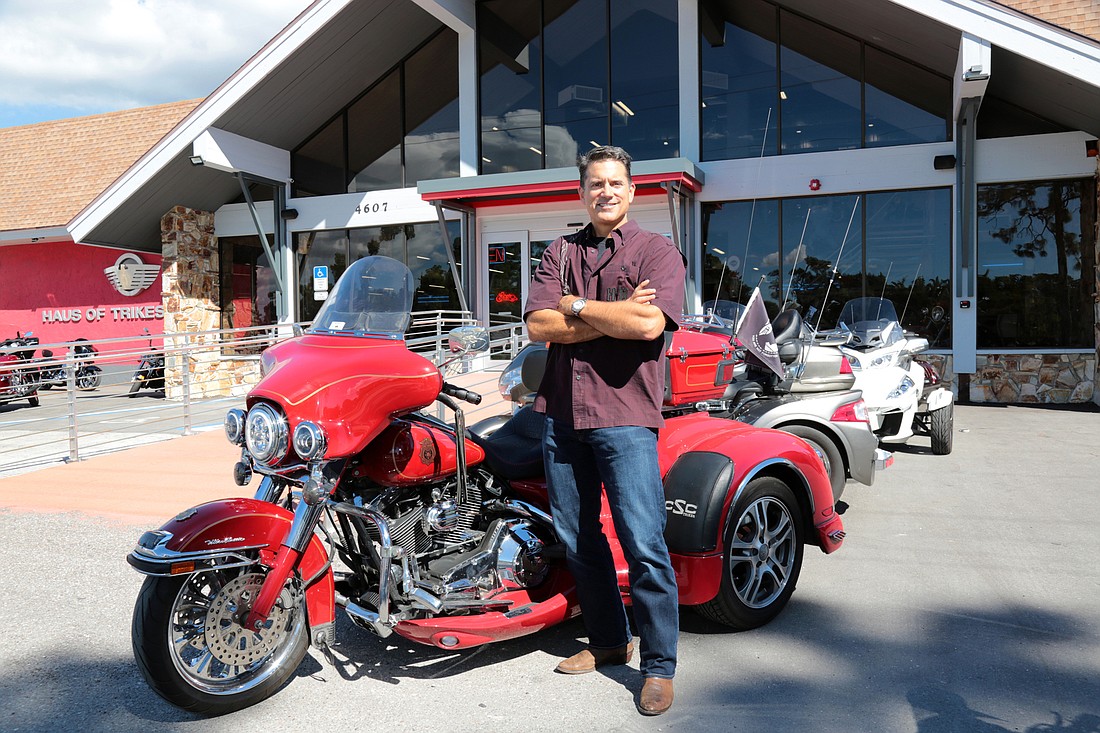- December 15, 2025
-
-
Loading

Loading

When it comes to business, Fuel Capital President and CEO Peter Wasmer’s approach is to start only with the end in mind.
The philosophy applies at the micro level with every individual transaction and at the macro level with the overall business plan.
Fuel Capital, a Naples-based company that specializes in servicing leases of pre-owned Harley-Davidson motorcycles, is the reconstitution of Chrome Capital, which Wasmer founded in 2011. It, too, was a pre-owned Harley-Davidson lessor that operated until a private equity partner exited the business in 2016. (Peter Wasmer is not related to Martin Wasmer, CEO of Naples-based bond-management firm Wasmer, Schroeder & Co.)